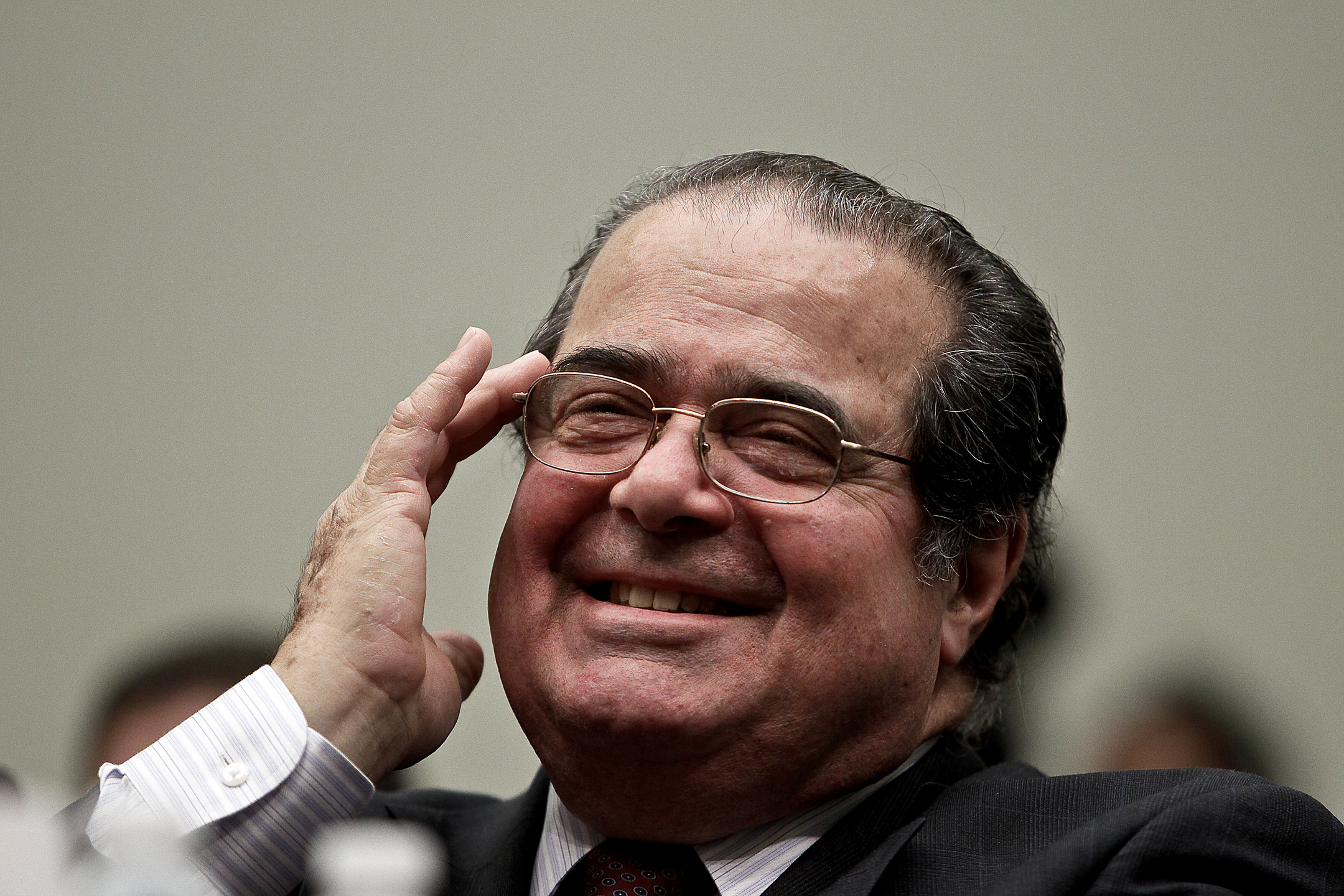Scalia and The Future of Union Dues

It seems like there has been so much going on in America lately, it pains me not to write about it…
A monumental event in American politics and quite simply American life happened Saturday, the day before Valentine’s Day, when Conservative Supreme Court Justice Antonin Scalia died suddenly, after having served on the Supreme Court of the United States for the past thirty years. First appointed by Reagan in 1986, he was one of the longest-serving justices of the court (coming in at 15th on the list). He was known, amo ng other things, for his strict adherence to the original text of the constitution, his colourful language, and most of all, his conservative ideals which have directly influenced legislation of the United States for decades and will most probably continue to do so for decades to come.
ng other things, for his strict adherence to the original text of the constitution, his colourful language, and most of all, his conservative ideals which have directly influenced legislation of the United States for decades and will most probably continue to do so for decades to come.
The court is now only eight, which means that the coming decisions of the court can be divided 4-4. This is problematic for some cases, and perhaps beneficial to others, because there is a rule that applies to this exact situation. In the event of a 4-4 decision, the last ruling of the lower court remains in effect.
A few weeks ago I wrote about a case that was heard at the Supreme Court: Friedrichs v. California Teacher’s Association. The case essentially involves union dues and if members of the unions should pay them or not (I will not go over the full case in this post but here is my previous article that summarizes the arguments of the case briefly). Now with the death of Scalia, the court will most likely be in a 4-4 deadlock where the previous judgement (which ruled in favour of the CTA) would remain in effect. This would uphold the ruling in Abood (1977) which says: “unionized public employees can be assessed nonmember fees to cover solely the cost of negotiations and contract enforcement, without being compelled to join the union and support its political activities by paying full union dues.”
For decades, opponents of the union movement have attempted to overturn the Abood decision with arguments of free speech. The sudden death of Justice Scalia has now totally shifted the momentum of the debate. This LA times article summed up the case best with a Robert Frost poem line: ” o’ mice an’ men gang aft agley(oft go awry).”
A more thorough analysis of what Scalia’s legacy and death have meant and will mean for the American union movement will be written next week.
If you’d like to read a more in depth account of this union dues case and what Scalia’s unexpected passing means for it follow the link to the article here.
In solidarity,
Sam
